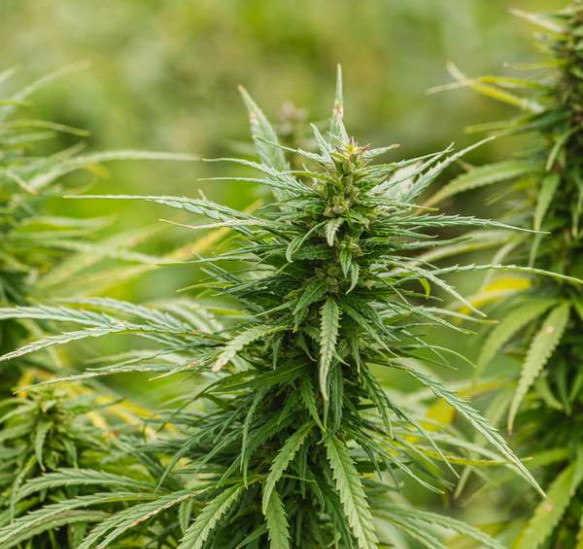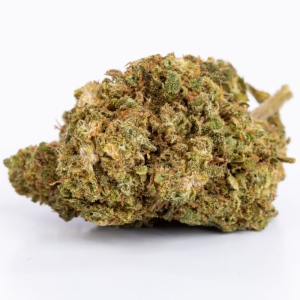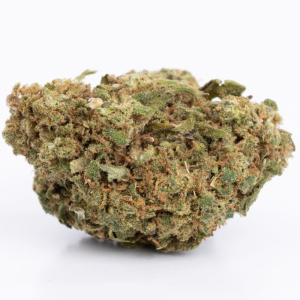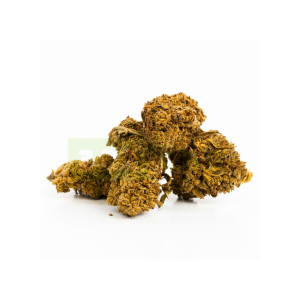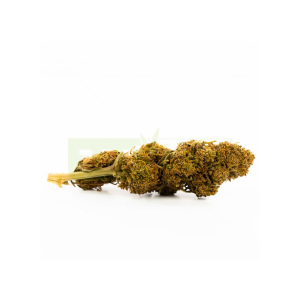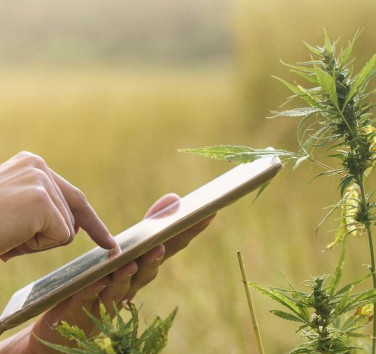CBD and hemostasis disorders
Cannabidiol (CBD) has aroused unprecedented enthusiasm in the scientific community since the mid-2010s. It must be said that the stakes are high. The therapeutic potential of cannabis has been highlighted by dozens of studies since the beginning of the 20th century… without ever being the subject of extensive use by health professionals for reasons obvious: the psychoactive effect, the risk of addiction of patients treated with cannabis, ethics, etc.
Despite being extracted from hemp, the CBD molecule does not exhibit a psychoactive effect. It would therefore represent a viable alternative to allow patients to benefit from the soothing, anti-inflammatory and analgesic effects of cannabis without fear of addiction and the high effect. Recall here the words of the scientific committee of the World Health Organization: "CBD does not appear to present any potential for abuse or harmfulness to health" (see press release here).
Among the effects of CBD investigated by science, we find precisely the relief of hypertension and the ability to prevent certain cardiac pathologies, especially in patients suffering from hemostasis disorders. As is often the case with "new" molecules, the impact of CBD on blood clotting is not well understood, but is supported by numerous empirical observations.
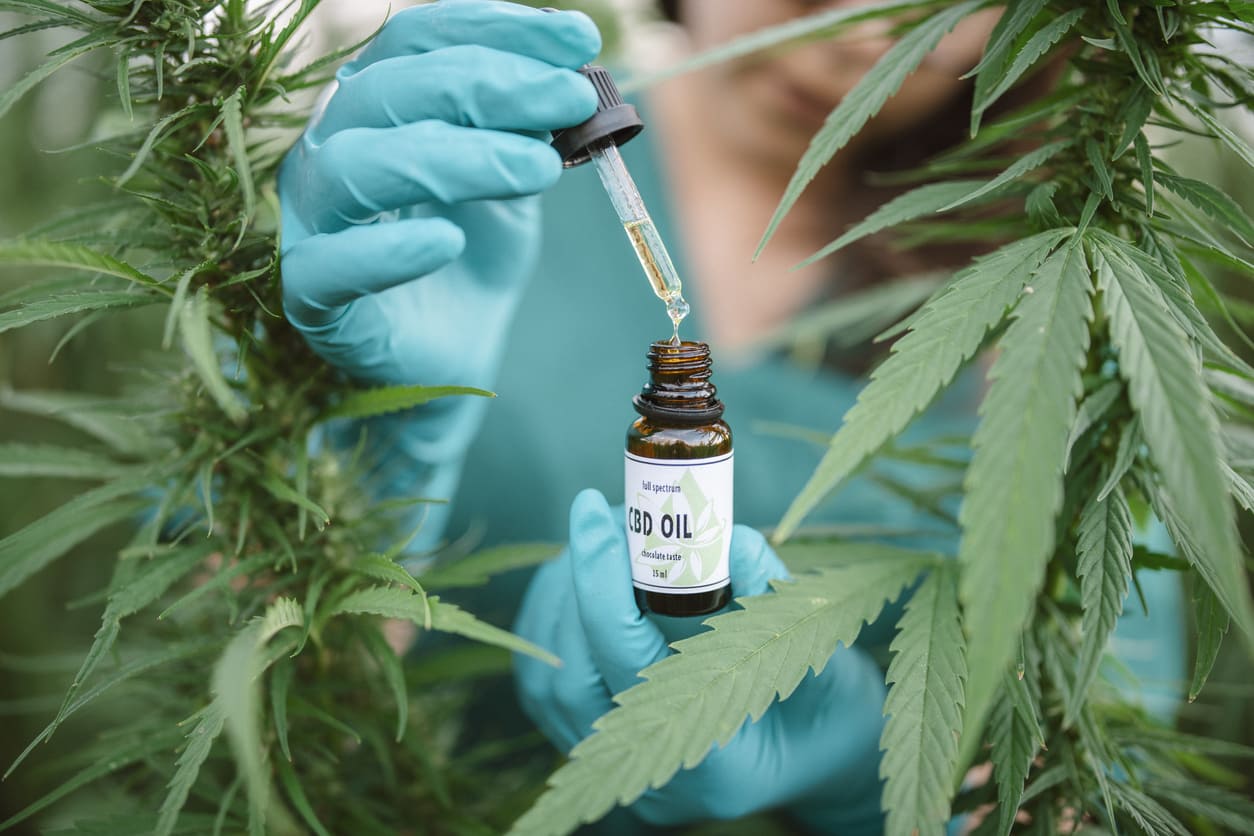
Summary of studies documenting the anticoagulant effect of CBD
CBD oil appears to stimulate the circulatory system by dilating blood vessels, accelerating blood flow and preventing clots. This randomized, double-blind study carried out in 2017 explains, for example, that a dose of 600 mg of CBD significantly reduced blood pressure in 9 healthy participants, both at rest and under stressful situations. Of course, the anecdotal sample size does not allow this conclusion to be generalized.
“These data show that CBD administration reduces blood pressure at rest and under stress, and these hemodynamic changes should be considered in individuals taking CBD. Further research is however needed to establish whether CBD has a role in the treatment of cardiovascular disorders.
In this other study, the researchers demonstrated an anticoagulant effect of the main cannabinoids present in the hemp variety Cannabis L. Sativa, including CBD. Summary of results:
- In vitro, hemp extract (THC, CBD and CBN) reduced thrombin activity and inhibited formation of blood clots;
- In vivo, cannabinoids prolonged clotting time by 150-200% in rats, confirming the results of the in vitro study.
Conclusion: "The study therefore shows that the variety Cannabis L. Sativa exhibits anticoagulant activity and may be useful in the treatment of diseases such as type 2 diabetes which involves a 'hypercoaguable' state”.
Let us be clear: if we present these studies to you, it is not to demonstrate the potential interest of CBD in the treatment of these pathologies. Only a competent health professional can comment on this point, particularly in the context of the ongoing clinical trial under the aegis of the Ministry of Health. The idea here is to alert you to the very likely interaction of CBD with blood-thinning medications. Taking anticoagulants, antiarrhythmics, thyroid hormones and antiepileptics is a contraindication to the consumption of CBD products. Speak to your attending physician.
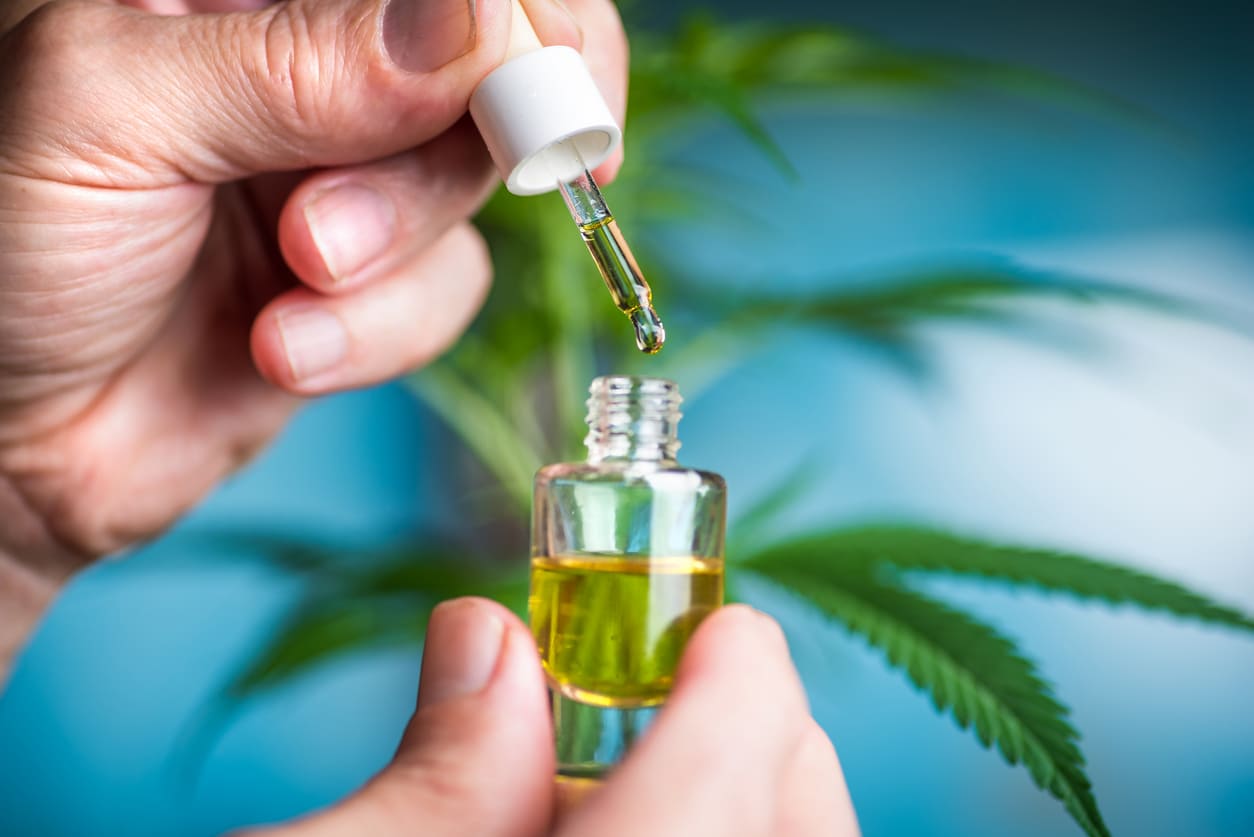
CBD and anticoagulants: interactions according to molecules
To conclude this paper, we suggest that you review the probable interactions between CBD and certain molecules that are usually found in anticoagulant drugs.
Table 1 - Summary of possible interactions between CBD and anticoagulant drugs.
|
Type of anticoagulant |
Trading name |
Common side effect |
Suspected interaction with CBD |
|
Rivaroxaban |
Xarelto |
Prolonged bleeding, easy bruising, bleeding from the nose and gums. |
Rivaxoraban can stay in the body longer, prolonging side effects. |
|
Dabigatran |
Pradaxa |
Prolonged bleeding, easy bruising, bleeding from the nose and gums. |
No known interactions. |
|
Apixaban |
Eliquis |
Prolonged bleeding, easy bruising, bleeding from the nose and gums. |
CBD appears to prolong the half-life of Apixaban. |
|
Edoxaban |
Lixiana |
Prolonged bleeding, easy bruising, rash, impaired kidney function, anemia. |
No known interactions. |
|
Warfarin |
Coumadin, Jantoven |
Heavy bruising, bleeding nose and gums, prolonged bleeding. |
CBD appears to prolong the half-life of Warfarin. |
|
Heparin |
Various references |
Prolonged bleeding, easy bruising, bleeding nose and gums, skin irritation, allergic reaction. |
No known interactions. |

